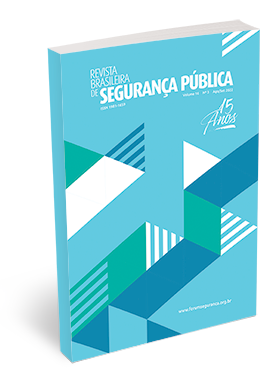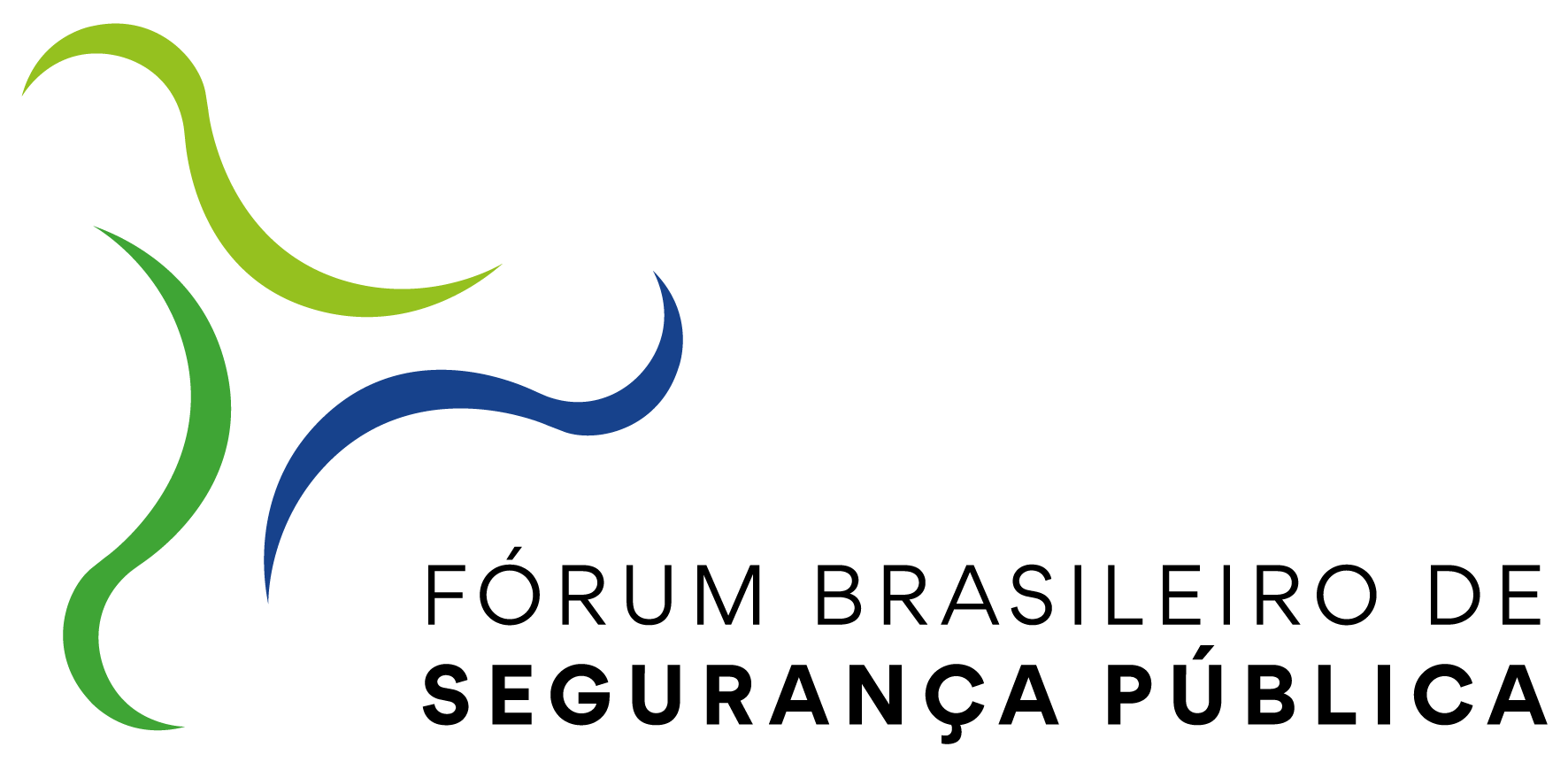Grieving for suicide and postvention in the Military Police
DOI:
https://doi.org/10.31060/rbsp.2022.v16.n3.1413Keywords:
Grieving, Police Suicide, Military Police, Suicide survivors, PostventionAbstract
This paper presents and discusses relevant aspects of the grieving process experienced by family members of military police officers killed by suicide and the institutional responses provided by the Military Police of the State of Rio de Janeiro (PMERJ). We conducted ten interviews with family members of police officers killed by suicide. This data was part of a study on suicide and occupational risk carried out between 2010 and 2012. From the narratives we highlight five main factors, three that are specific of this type of death, such as, (i) differences in funeral rituals compared to other types of deaths, (ii) the importance of transparency in the investigation of the causes of these deaths, (iii) the absence of specific policies for these family members. Besides that, we highlight (iv) changes in family dynamics after the relative death, and (v) families’ difficulties and facilities in accessing rights. Finally, we argue for the inclusion of this group in the promotion of mental health institutional policies.
Downloads
References
ASSOCIAÇÃO BRASILEIRA DE PSIQUIATRIA. Suicídio: informando para prevenir / Associação Brasileira de Psiquiatria, Comissão de Estudos e Prevenção de Suicídio. – Brasília: CFM/ABP, 2014.
ANTON, M. C.; FAVERO, E. Morte repentina de genitores e luto infantil: uma revisão da literatura em periódicos científicos brasileiros. Interação em Psicologia, v. 15, n. 1, p. 101-110, 2011.
BEAUTRAIS, A. L. Suicide Postvention: Support for families, Whanau and significant others after a suicide - A Literature review and synthesis of evidence. Wellington: Project, C. S., 2004.
BERTOLOTE J. M. O suicídio e sua prevenção. São Paulo: Editora Unesp, 2012.
BRASIL. Ministério da Saúde. Secretaria Estadual da Saúde. Prevenção do Suicídio no nível local: orientações para a formação de redes municipais de prevenção e controle do suicídio e para os profissionais que a integram. Porto Alegre: CORAG, 2011.
DURKHEIM, E. O suicídio: In: Os pensadores. São Paulo: Abril Cultural, 1978, p. 165-202.
FREUD, S (1917). Luto e Melancolia. In: FREUD, S. Obras Completas. Rio de Janeiro: Civilização Brasileira, 2008.
FUKUMITSU, K.; KOVÁCS, M. J. O luto por suicídios, uma tarefa da posvenção. Revista Brasileira de Psicologia, v. 2, n. 2, p. 47-47, 2015.
FUKUMITSU, K.; KOVÁCS, M. J. Especificidades do processo de luto frente ao suicídio. Revista Psico, v. 47, n. 1, p. 3-14, 2016.
GAFPMF. Grupo de Atendimento ao Familiar do Policial Falecido.
KOVÁCS M. J. Perdas e o processo de luto. In: INCONTRI, F.; SANTOS, S. (Eds.). A arte de morrer. Visões plurais. São Paulo: Comenius, 2007, p. 217-238.
MIRANDA, Dayse A. Risco ocupacional: A condição do policial militar do Estado do Rio de Janeiro. Relatório de Pesquisa sobre Suicídio, CNPQ, 2012.
MIRANDA, D. (Org.). Por que os policiais se matam? Diagnóstico e prevenção do comportamento suicida na polícia militar do Estado do Rio de Janeiro. Rio de Janeiro: Mórula Editorial, 2016.
MUNIZ, J. “Ser policial é, sobretudo, uma razão de ser”. Cultura e Cotidiano da Polícia Militar do Estado do Rio de Janeiro. Tese (Doutorado em Ciência Política) – Instituto Universitário de Pesquisas do Rio de Janeiro, Rio de Janeiro, 1999.
POLÍCIA MILITAR DO ESTADO DO RIO DE JANEIRO – PMERJ. Instrução Normativa PMERJ/EMG-PM3 n. 37, 15 de junho de 2015.
POLÍCIA MILITAR DO ESTADO DO RIO DE JANEIRO – PMERJ. Instrução Normativa PMERJ/DGS n. 002, 12 de julho de 2017.
SCAVACINI, K. Suicide Survivors Support Services and Postvention Activities - The availability of services and an interventions plan in Brazil. 50f. Dissertação (Mestrado em Saúde Pública), Karolinska Institutet, Stockholm, 2011.
SILVA, D. R. Na trilha do silêncio: múltiplos desafios do luto por suicídio. In:CASELLATO, G. O resgate da empatia: suporte psicológico ao luto não reconhecido. São Paulo: Summus, 2015, p.111-128.
SOARES, G.; MIRANDA, D.; BORGES, D. As vítimas ocultas da violência na cidade do Rio de Janeiro. 1 ed. Rio de Janeiro: Civilização Brasileira, 2006.
WORLD HEALTH ORGANIZATION –WHO; INTERNATIONAL ASSOCIATION FOR SUICIDE PREVENTION – IASP. Preventing suicide: how to start a survivor’s group. Geneva: WHO/IASP, 2008.
Published
How to Cite
Issue
Section
License
Copyright (c) 2022 Revista Brasileira de Segurança Pública

This work is licensed under a Creative Commons Attribution 4.0 International License.
Licensing
The Brazilian Journal of Public Security uses the Creative Commons License as a form of licensing for its published works. The license used follows the CC BY 4.0 - Attribution 4.0 International model.
To see the permitted rights please go to the full licence or to our Copyright and Licensing page.



